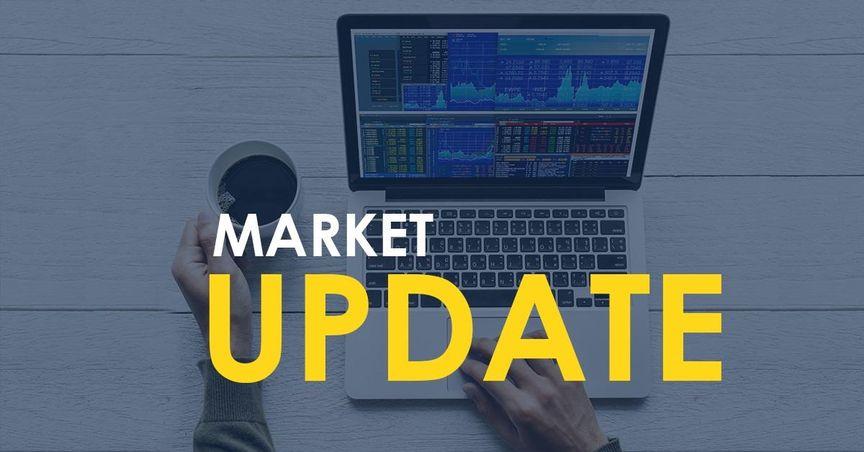Highlights
- Cautious equity approach amid geopolitical shifts
- Boosted cash reserves for opportunistic investments
- Long-term diversification remains a core principle
As global markets digest the turbulent early months of Donald Trump’s second presidential term, Cbus’ newly appointed Chief Investment Officer, Leigh Gavin, is steering the $100 billion super fund through heightened uncertainty shaped by trade volatility and political shocks.
In what marks the worst start to a presidential term for Wall Street since 1973, Gavin foresees sustained volatility over the next 1361 days. He emphasizes that the U.S. approach to global trade has undergone a secular shift, ushering in a new era of deglobalisation and mercantilism that will test traditional investment assumptions.
Cbus had already taken a cautious stance on U.S. equities through 2023, further reducing its exposure into 2024. At the same time, the fund increased its European allocation, a move that benefited from recent fiscal stimulus, particularly from economies like Germany. According to Gavin, while the U.S. remains an engine of innovation—demonstrated by its historic success in converting GDP growth into earnings-per-share gains—investors must adapt to the broader geopolitical and macroeconomic shifts that the Trump administration has triggered.
Despite trimming equity exposure by 3% since December, the fund briefly increased positions during recent oversold conditions, only for the opportunity to close amid a rapid six-day rally in the S&P 500. With the index climbing over 11%, Cbus has shifted focus toward preserving flexibility.
One strategic lever is maintaining elevated cash reserves, allowing for agile responses to market dislocations. Gavin cites the pandemic-era acquisitions of two retail centres as examples of opportunistic moves that paid off handsomely. The fund continues to prioritize long-term planning over reactionary moves, resisting the temptation to base strategy on political headlines or social media.
Diversification, particularly through unlisted private assets, remains a cornerstone of Cbus’ investment philosophy. Gavin believes this approach will continue to serve members well, even as public equity performance normalizes.
Amid executive turnover—including recent appointments such as Ryan Riedler to oversee the ASX strategy (ASX:XRO)—Cbus is pushing forward with its five-year plan to internalize 50% of its investment management. While some peers have opened international offices, Gavin maintains that global portfolios can still be effectively managed from Australia.
As the investment team undertakes its annual planning cycle, the base case remains clear: the road ahead will be more complex for institutional investors, but careful diversification and disciplined active management will be key to navigating the landscape.



